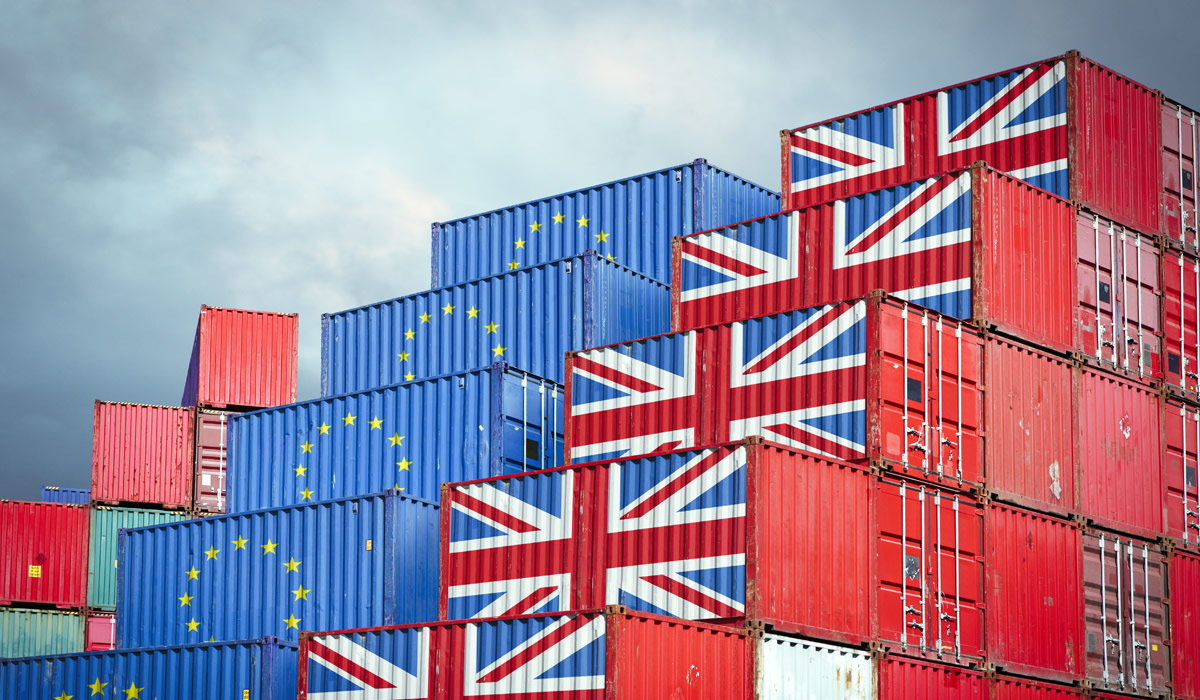When Britain officially left the European Union on 31 January 2020, many small-business owners were left in a world of uncertainty.
Despite it being more than four years since the referendum vote and even with a lengthy transition period, there were still many unanswered questions for entrepreneurs.
There has undoubtedly been disruption since the transition period ended on 31 December 2020, with exports from Britain to the EU falling sharply due to Brexit and the COVID-19 pandemic. Still, selling goods or services into Europe remains a huge opportunity for fast-growing businesses.
In this article, two entrepreneurs talk about their experiences of exporting to the EU after Brexit. While they are frank about the many challenges, they also offer hope and advice to those considering expanding their market.
When Britain officially left the European Union on 31 January 2020, many small-business owners were left in a world of uncertainty.
Despite it being more than four years since the referendum vote and even with a lengthy transition period, there were still many unanswered questions for entrepreneurs.
There has undoubtedly been disruption since the transition period ended on 31 December 2020, with exports from Britain to the EU falling sharply due to Brexit and the COVID-19 pandemic. Still, selling goods or services into Europe remains a huge opportunity for fast-growing businesses.
In this article, two entrepreneurs talk about their experiences of exporting to the EU after Brexit. While they are frank about the many challenges, they also offer hope and advice to those considering expanding their market.
When Britain officially left the European Union on 31 January 2020, many small-business owners were left in a world of uncertainty.
Despite it being more than four years since the referendum vote and even with a lengthy transition period, there were still many unanswered questions for entrepreneurs.
There has undoubtedly been disruption since the transition period ended on 31 December 2020, with exports from Britain to the EU falling sharply due to Brexit and the COVID-19 pandemic. Still, selling goods or services into Europe remains a huge opportunity for fast-growing businesses.
In this article, two entrepreneurs talk about their experiences of exporting to the EU after Brexit. While they are frank about the many challenges, they also offer hope and advice to those considering expanding their market.






